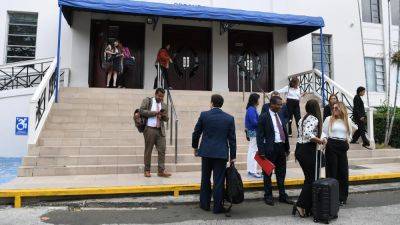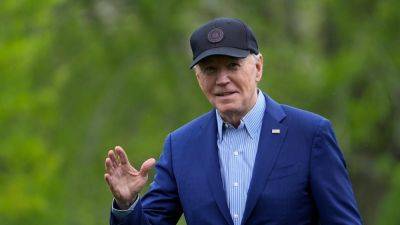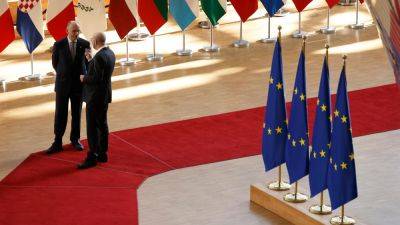Daniel Kahneman: The Nobel Prize-winning psychologist who revolutionized economics
Daniel Kahneman never took an economics course. But he received the 2002 Nobel Prize in economics for his work on 'Prospect theory'. Developed along with Amos Tversky, the theory suggested altering the way we consider our options when faced with risk.
In a series of startlingly innovative studies, the two psychologists upended conventional wisdom about decision-making, and demonstrated how the human mind consistently makes mistakes when making decisions in unpredictable circumstances. Kahneman provided an explanation for a variety of perplexing behaviours, such as the reason for people's refusal to sell stocks that have lost value.
How strange are biases? Well, most people would opt for the sure thing if given the option to choose between receiving ₹500 for certain, or having a 50% chance of winning ₹1,000. But if the choice is between losing ₹500 for sure, or a 50% chance of losing ₹1,000, most of us will take the gamble.
Kahneman and Tversky's studies to refute traditional theories gave rise to the psychology-based discipline of 'behavioural economics'. It even brought forth a new era in Big Data, advanced evidence-based medicine, government regulation and even evaluating baseball talent. Prior to this, economics mostly assumed people were 'rational actors' who could assess decisions, like which car to buy or which job to accept.
In his 2011 book, Thinking, Fast and Slow, Kahneman explained their research for lay audiences: 'Recognise the signs that you are a cognitive minefield.' It illustrated how much our






















